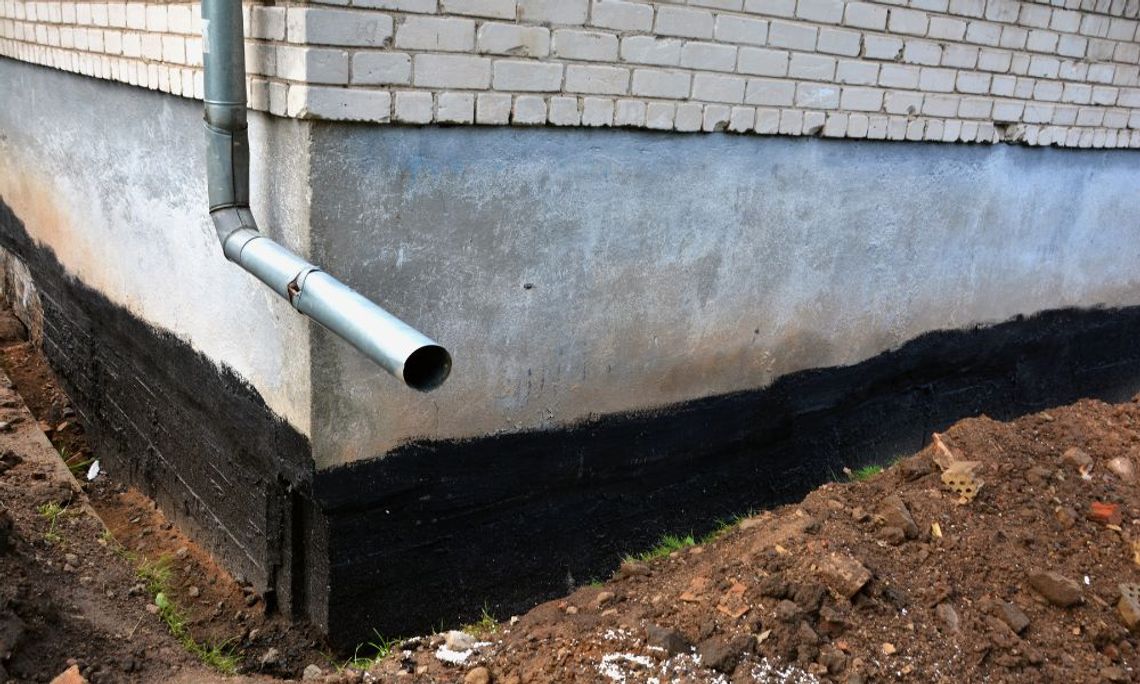Your home's foundation is a key component of any home. If it isn't strong, your house could collapse or, at best, make your life miserable because of leaks and cracks. So what are some things you need to know about your home's foundation? Read on to find out.
What Is a Foundation?
A foundation is the primary component of the house that holds it up and keeps it from sagging. However, it does far more than that. It can keep out moisture, resist the ground's movement, and insulate against the cold. It should also last forever, so if you start to see issues with it after a few years of purchase, you might want to consider repairs quickly. You should know how to determine when cracks can lead to bigger problems or when you can leave them alone.
A good foundation takes more than your contractor digging a hole and pouring some concrete; it has to be specific to the home. Builders must take many variables into account when they create it. These include water tables, quality of backfill, and soil conditions. There's a lot to learn when it comes to foundations. Let's dig in further.
Why Do They Fail?
There are several reasons why house foundations fail. You must cure concrete slowly for it to reach its full strength. Your installers should wrap the concrete in plastic or mist it with water. Interrupting the pour is another issue. Workers should fill all of it in a go. If the pour isn’t complete in one job, it won't properly dry simultaneously, leading to your foundation sagging over time. This is why it's so important to watch your contractor's work. You'll be able to note problem areas before they happen and ask questions.
New Technologies
There's a new chemical on the market. It's called the "super-super" plasticizer, and its primary function is to pour a mix that flows much like water but still has a fair amount of structural integrity. It's also more efficient. Using this technology, you can back a construction truck off to the side of the home and pour the whole foundation in one swoop.
Fabric-formed footings are another technology that's taking home foundation services by storm. Rather than building footing forms out of boards, many contractors use lightweight forms instead. Polyethylene fabric conforms to sloping and uneven sites. It can also help deviate water away from the foundation. Knowing about these technologies is the top thing you need to know about your home's foundation.
In short, there are many nuances to your home's foundation and many technologies you can anticipate. Learning about your foundation is crucial for having a safe house. It’s wise to learn as much as possible. Knowing this information is a good head start.


Comment
Comments